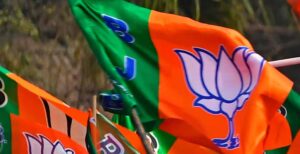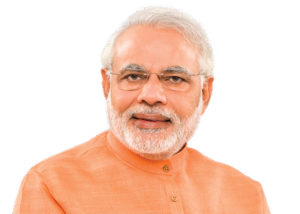A Journalistic View on the Approaching Elections in India

A journalistic perspective on the upcoming elections in India
Navigating the Upcoming Elections in India: A Journalistic Perspective
 As the political landscape in India gears up for a series of state elections, it’s crucial to reflect on the historical context and the current situation. Elections in India have always been a significant event, reflecting the democratic ethos of the nation. However, they have also been marred by controversies, polarization, and sometimes violence. In this editorial, we aim to provide a balanced and professional perspective on the upcoming elections, focusing on the responsibilities of political parties and the need for a fair and transparent electoral process.
As the political landscape in India gears up for a series of state elections, it’s crucial to reflect on the historical context and the current situation. Elections in India have always been a significant event, reflecting the democratic ethos of the nation. However, they have also been marred by controversies, polarization, and sometimes violence. In this editorial, we aim to provide a balanced and professional perspective on the upcoming elections, focusing on the responsibilities of political parties and the need for a fair and transparent electoral process.
India’s journey from colonial rule to independence in 1947 was marked by a struggle for freedom and democracy. The Constituent Assembly, led by Dr. B.R. Ambedkar, drafted the Constitution, which enshrined the principles of democracy, equality, and justice. The first general elections in 1952 were a testament to the success of India’s democratic experiment, with millions of people exercising their right to vote.
However, the journey has not been without challenges. The Emergency in 1975, the rise of regional parties, and the emergence of identity politics have all posed threats to the democratic fabric of the nation. In recent years, there have been concerns about the role of money, muscle power, and misinformation in elections.
As we approach the upcoming elections in various states, it’s essential to assess the current situation. The COVID-19 pandemic has posed unprecedented challenges, affecting the lives and livelihoods of millions of people. The economic slowdown, rising unemployment, and social unrest have added to the complexity of the electoral landscape.
Moreover, the rise of populism, nationalism, and identity politics has led to increased polarization and divisiveness. The use of social media and digital platforms for spreading misinformation and propaganda has further exacerbated the situation.
In this context, it’s crucial for political parties to uphold the principles of democracy and ensure a fair and transparent electoral process. They must refrain from using divisive rhetoric, hate speech, and violence to gain electoral advantage. Instead, they should focus on addressing the real issues facing the country, such as poverty, unemployment, healthcare, and education.
Political parties should also prioritize inclusivity and diversity in their candidate selection process. They should field candidates from diverse backgrounds, including women, minorities, and marginalized communities. This will not only strengthen the democratic process but also ensure that the voices of all sections of society are heard.
Moreover, political parties should commit to ethical campaigning and refrain from using money, muscle power, or misinformation to influence voters. They should adhere to the guidelines set by the Election Commission of India and ensure that the electoral process is free, fair, and transparent.
In conclusion, the upcoming elections in India are a critical moment in the nation’s democratic journey. It’s essential for political parties to uphold the principles of democracy, ensure a fair and transparent electoral process, and prioritize the real issues facing the country. By doing so, they can strengthen the democratic fabric of the nation and ensure that the voices of all sections of society are heard.






